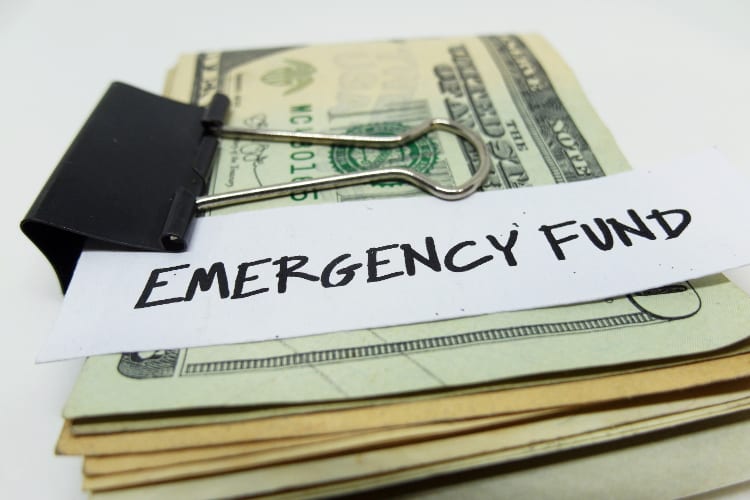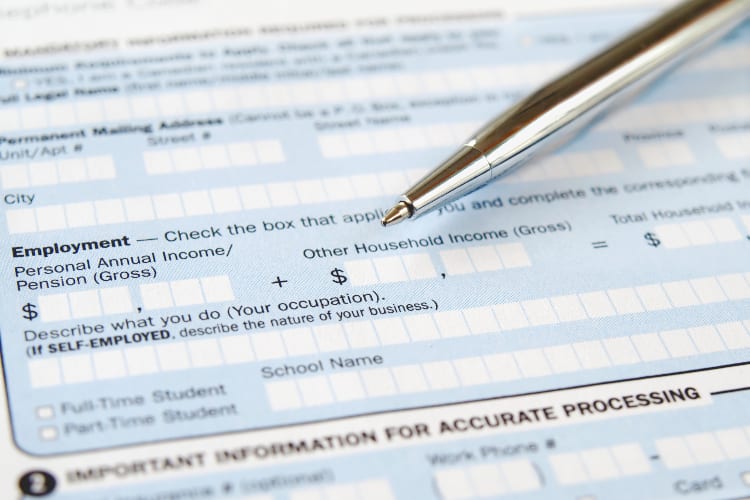
Self-employment comes with tons of benefits: more time working from home, setting your own schedule, no boss, the list goes on and on. However, some say that its nearly impossible to get a mortgage when you’re self-employed. But let’s take a look at just how true that is…
Applicant Requirements

Just like someone employed by a major company, a self-employed person will need to meet all the mortgage criteria first. Here are the standard mortgage requirements and how to meet them while remaining self-employed:
Consistency: When applying for a mortgage, you’ll want to have worked in your chosen industry for at least two years, as most lenders are looking for consistent income. One year simply is not enough to prove that.
Income: The most critical factor – income! While you don’t need the exact same paycheck every month, once again, lenders are looking for consistency. “Mortgage lenders require submission of tax returns to verify the income of self-employed borrowers,” says Scott Scribner, Realtor and board member of the National Association for the Self-Employed. “Lenders determine year-to-year trends for gross revenue, expenses, and taxable income for the business, which is used to project a trend for the business over time.”
Credit History: Like consistent income, a good credit score also shows how likely you are to have on-time mortgage payments. Depending on your credit card debt, a bad credit score might stop you from getting a mortgage, no matter what your employment status. Wondering about the perfect debt-to-income ratio? 43% or lower!
Down Payment Size: As you might suspect, most lenders feel a lot more stable when there’s a bigger down payment for the mortgage. However, if you can’t afford a massive down payment, don’t worry! A self-employed person with a good credit history and income will need to pay just as much as someone with W-2 pays. However, if you can, try and put down at least 30% of the mortgage when you open one. “A higher down payment can be a mitigating factor if income qualifications are tight,” explained Scribner.
What Documentation Do You Need?

Of course, not only will you need to meet all the requirements, but you’ll need to be able to prove you need the criteria. Unfortunately, a self-employed person can find a mortgage application a little harder, as they require a lot more documentation than most are used to. “Meticulous, detailed business records are very important,” says Scribner. “Separate business accounts are a must. The mortgage underwriter needs confidence in the accuracy of a borrower’s financial information, and commingling of personal and business accounts is a big red flag.” Other documents include:
- Profit and loss statements.
- Business verification.
- Tax returns for two years (both personal and business).
- IRS Form 4506-T.
- Business bank statements.
- Business license.
- List of past and present debts and payments.
- Additional payments and income.
- Canceled checks for rent or mortgage.
With all those documents, you’re well on your way to applying for a mortgage! If you any other personal questions, make sure to contact a financial advisor!
Sources: Mortgage Afterlife, U.S. News
